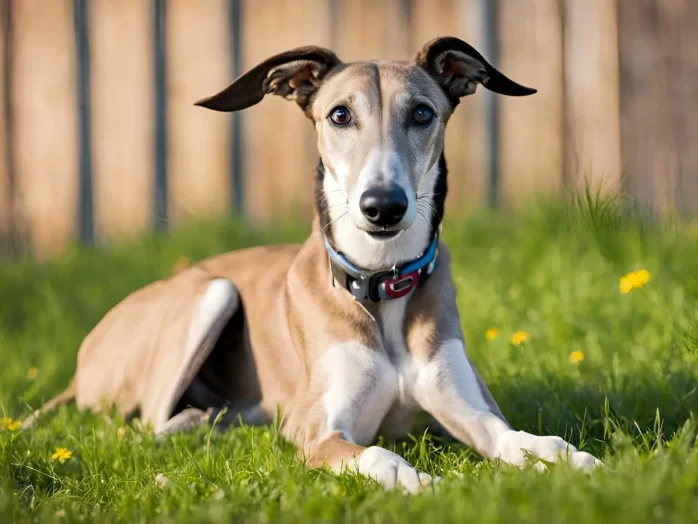Is a Greyhound a Good Family Dog? - Take Care of The Pets
by admin in Pet Care Basics 479 - Last Update August 12, 2024
Rate: 4/5 points in 464 reviews

Greyhounds, known for their sleek appearance and impressive speed, are often seen as racing dogs. However, they possess numerous traits that make them excellent family pets. This article will delve into the characteristics of greyhounds, their temperament, care requirements, and how they interact with families to help you determine if a greyhound is the right fit for your home.
Understanding Greyhounds
Breed Overview
- Origin: Egypt, over 4,000 years ago
- Size: Medium to large, typically weighing between 60-70 pounds
- Lifespan: 10-14 years
- Appearance: Slim, athletic build with a short, smooth coat
Greyhounds and Families
- Interaction with Children Greyhounds generally has a patient and tolerant nature, making them suitable companions for children. Their gentle disposition means they are less likely to exhibit aggressive behaviors. However, like any breed, it's important to teach children how to interact respectfully with dogs to ensure a harmonious relationship.
- Socialization with Other Pets Greyhounds typically gets along well with other dogs, especially if they have been socialized properly. Their prey drive can be high due to their racing background, so caution is needed when introducing them to smaller pets like cats or rabbits. With proper training and introductions, many greyhounds can learn to coexist peacefully with other animals in the household.
Care Requirements
- Exercise Needs Contrary to popular belief, greyhounds do not require excessive exercise. A few short walks and opportunities to run in a secure area will suffice. Their energy bursts are short-lived, and they are content with plenty of rest throughout the day. This makes them suitable for both active and less active families.
- Diet and Nutrition Greyhounds have specific dietary needs due to their unique metabolism. They benefit from a high-quality, protein-rich diet to maintain their lean muscle mass. Owners should monitor their weight and adjust food portions accordingly to prevent obesity.
- Grooming With their short coat, greyhounds are relatively low-maintenance in terms of grooming. Regular brushing will help keep their coat healthy and free of loose hairs. They are also prone to dental issues, so routine teeth cleaning is essential.
- Health Considerations Greyhounds are generally healthy, but they are prone to certain conditions like bloat, hip dysplasia, and heart issues. Regular veterinary check-ups and a proactive approach to health care can help mitigate these risks.
Adopting a Greyhound
- Retired Racing Greyhounds Many greyhounds available for adoption are retired racing dogs. These dogs often transition well into family life, bringing a calm and affectionate presence to the home. Adoption organizations typically provide thorough assessments of each dog's temperament and behavior, ensuring a good match for families.
- Rescue and Shelters In addition to racing greyhounds, there are many greyhounds in shelters and rescue organizations looking for loving homes. These dogs can make wonderful family pets and offer a second chance at a happy life.
Training and Socialization
- Basic Obedience Training is essential for any dog, and greyhounds are no exception. They are intelligent and eager to please, making them relatively easy to train with positive reinforcement techniques. Basic obedience training helps establish boundaries and improves communication between the dog and family members.
- Socialization Early socialization is crucial for greyhounds to ensure they are well-adjusted and comfortable in various environments. Exposing them to different people, places, and situations helps build their confidence and reduces the likelihood of fear-based behaviors.
Living Environment
- Space Requirements Greyhounds are adaptable and can thrive in various living environments, from apartments to houses with yards. They appreciate having a soft, comfortable space to rest, and a secure outdoor area where they can run and play is ideal.
- Climate Considerations Due to their short coat, greyhounds are sensitive to extreme temperatures. They may require additional warmth in colder climates and should not be left outside for extended periods in hot weather.













